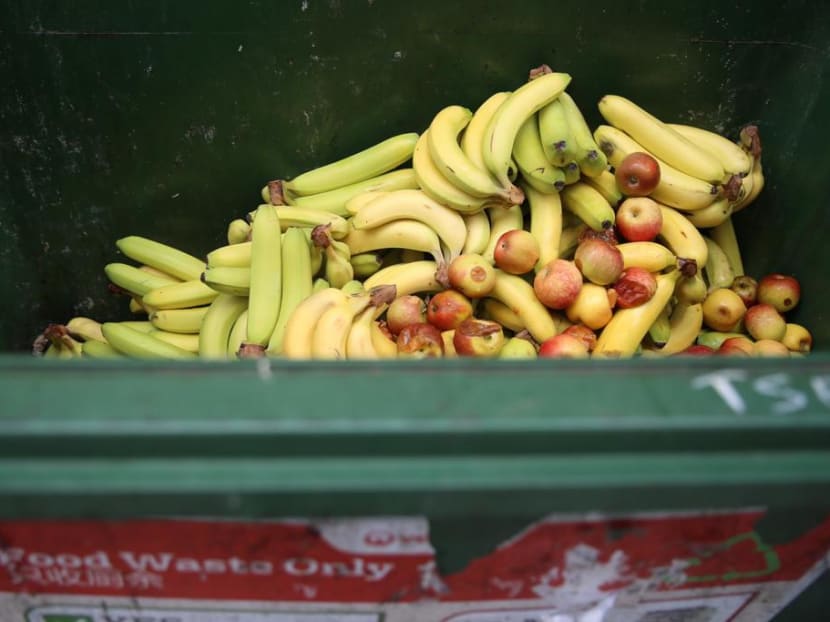Have bins for organic household waste in HDB towns to encourage composting
There is no doubt that the amount of food waste generated in Singapore is a significant issue that requires tackling on a national level.

Compost bins should be placed at highly accessible locations such as at the foot of public housing blocks, a TODAY reader suggests.
There is no doubt that the amount of food waste generated in Singapore is a significant issue that requires tackling on a national level.
According to the Ministry of Sustainability and the Environment, Singaporeans have generated about 20 per cent more food waste in the last decade.
Though substantial efforts have been invested in reducing waste and promoting sustainability under the Housing and Development Board’s (HDB) Green Towns Programme, more can be done to target organic household waste.
This is especially crucial with the present restrictions on dining out in large groups, as more people are eating at home and generating larger amounts of organic waste.
We can turn to composting in an effort to tamp down the amount of greenhouse gases released into the air.
Organic waste that ends up in landfills decomposes and releases methane, a greenhouse gas that speeds up climate change.
By contrast, food waste that breaks down in compost bins does not produce methane.
HDB should, therefore, start a pilot neighbourhood composting programme by introducing organic waste bins in estates with existing community gardens, to promote the habit of recycling such waste.
For the programme to succeed, several steps should be taken.
Firstly, common worries and misconceptions about hygiene and foul smells may result in some reluctance to support this programme.
Information on composting and the types of waste that should be deposited needs to be made easily accessible to households.
Next, the bins should be at highly accessible locations such as at the foot of HDB blocks, to make the deposition of organic waste convenient for residents.
As an added precaution, the compost bins can come with a feature that asks residents to verify that they are depositing only organic waste before the lid can be opened.
This will prompt residents to think twice before depositing their waste and encourage greater social responsibility for maintaining the bins.
Understandably, scepticism surrounding the effectiveness of this programme is unavoidable.
For one thing, Singapore’s low recycling rate does not offer much confidence about the community’s receptiveness to such an initiative.
Yet, by channelling the compost towards community gardens, residents can witness first-hand the fruits of their labour.
Furthermore, residents responsible for the community gardens can come together with other passionate persons to take charge of the composting programme, manage the composting process and collect the compost.
These people can also help reduce scepticism by sharing their interest in composting with their neighbours.
Not only would this programme nurture sustainable habits in the community, it would also help foster a stronger kampung spirit in residential towns.
With many green initiatives coming together to make a difference, I am optimistic about a sustainable future in which communities thrive in their dedication to protect our home and environment.
Have views on this issue or a news topic you care about? Send your letter to voices [at] mediacorp.com.sg with your full name, address and phone number.






